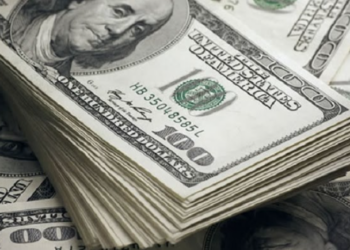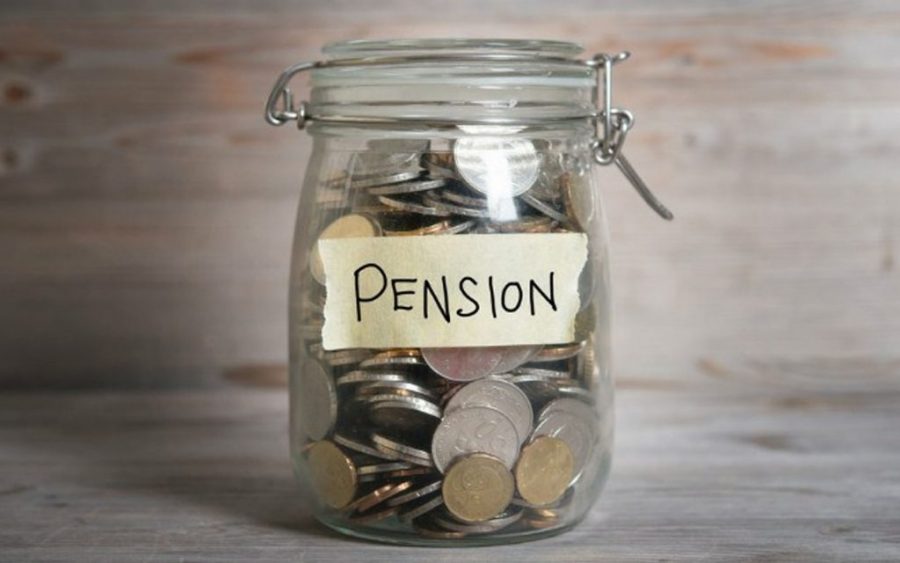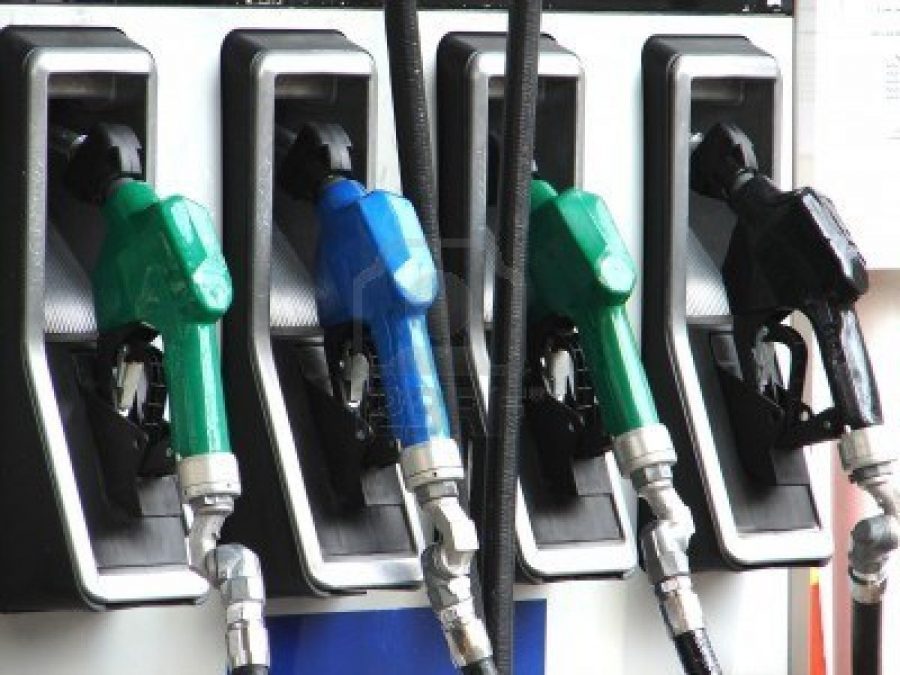Given the rapid urbanization taking place, along with the efforts of regulators to boost financial inclusion in the country, more and more Nigerians are opening bank accounts. In an effort to gain as much as they can of the market share, the commercial banks have taken their marketing strategy to the homes and offices of potential account holders in order to woo them to their banks. For any who is unfamiliar with the banking system, however, the various types of accounts they mention can be confusing. Here, we explain the major types of accounts and their features.
Savings Account

By far the most popular, the name of the account says it all. The main purpose of this account is to save up either for a project or just as backup for the future. Usually, everyone can apply whether as individuals or corporate bodies. As this is the baseline account, the perks are pretty baseline as well. Holders of this account will usually get access to ATM cards, online banking and other e-banking channels. Interest rate on the account is minimal, capping out at 5%.
It is also worthy to mention that under the savings account; banks have developed several products each with slight variations to the regular model. Different banks have different requirements with regard to opening balance, minimum operating balance. However, you can be sure of requiring a valid means of identification (National ID, International passport, driver’s license), a utility bill (Electricity bill, Water Rate bill, Tenement rate, Rent receipt) and passport photographs.
Current Account

This account was developed mainly to suit to needs of business owners who need third-party transactions on a regular basis. It is different from savings account in that withdrawals can be made by cheque, as such, third-party withdrawal is possible. Once again, under the current accounts, banks have several products which are meant to appeal to different sets of customers. These products have varying opening balances and operating balances but these are usually higher than those of the savings account.
Open to use for both individuals and corporate bodies, the account comes with more perks than the savings account. For example, there is usually no limit to number of withdrawals monthly and the account can be used as a basis for accessing loans and other bank services. In fact, some banks have an SME Current account product that is specifically tailored to suit entrepreneurs and their needs. With these extra perks come extra costs.
Current accounts are usually charged account maintenance fees. This is in addition to maintenance charges for using any e-banking products such as the ATM. To open a current account, you need to be 18 years or older, have a valid means of identification as well as a utility bill as proof of address and complete signature specimen card(s).
Domiciliary Account

Also known as a foreign currency account, this type of account allows holders the privilege of transacting in dual currencies (Naira and another foreign currency). Most banks have options for only the dollar, euro and pound sterling however. This account type will most likely suit businesses and other corporates and few individuals who have regular business dealings in foreign currencies.
With domiciliary accounts, deposits can be made in the foreign currency of choice and there is usually no limit to the number of withdrawals. However, a flat charge is usually made on each transaction. In addition, for transfers made from foreign banks, holders of this account will be subject to a service charge in the foreign currency of choice. To open a domiciliary account, you must have passport photographs, utility bill, valid means of identification and a minimum opening balance which varies per bank and per foreign currency chosen
Fixed Account

Coming in different forms as well, the fixed account is primarily an investment account where a specified sum is invested for a pre-arranged period of time. In return for this, the holder is entitled to interest also at a rate agreed before commencement of the arrangement. The period agreed upon is called the tenor, which upon expiration, the holder will have the option of reinvesting the same sum at the same conditions (roll over) or cashing out the investment (liquidating).
However, if for some reason, the holder decides to terminate the agreement before the expiration of the tenor, he or she will lose accrued interest. Open to both individuals and corporates, the account holds appeal to those who have a lump sum they do not wish to use in the near future. The interest on the account serves as added incentive to investing their money in the bank. To open this account, you need passport photographs, valid means of identification and utility bill as basics.
























Nice article. But, I noticed that you forgot to mention the most troublesome document needed when opening the current/domiciliary account – the two references!
It took me up to 3 months before my bank fully enabled my current/domiciliary accounts as they complained about the several references I submitted.
These days, other than third party transactions, my current account is now kind of useless to me as I now pay cheques and my dividends in my savings account.
USEFUL TNKS REALLY HELPFOOL NISE ATIKULE
Nice article it has really helped me a lot.
Nice article it has really helped me.
Simple and precise definitions.
I want to ask,if I deposit 100 dollars in my dollars in my account and did not make a withdrawal in a month for example,what would I be charged for the month.